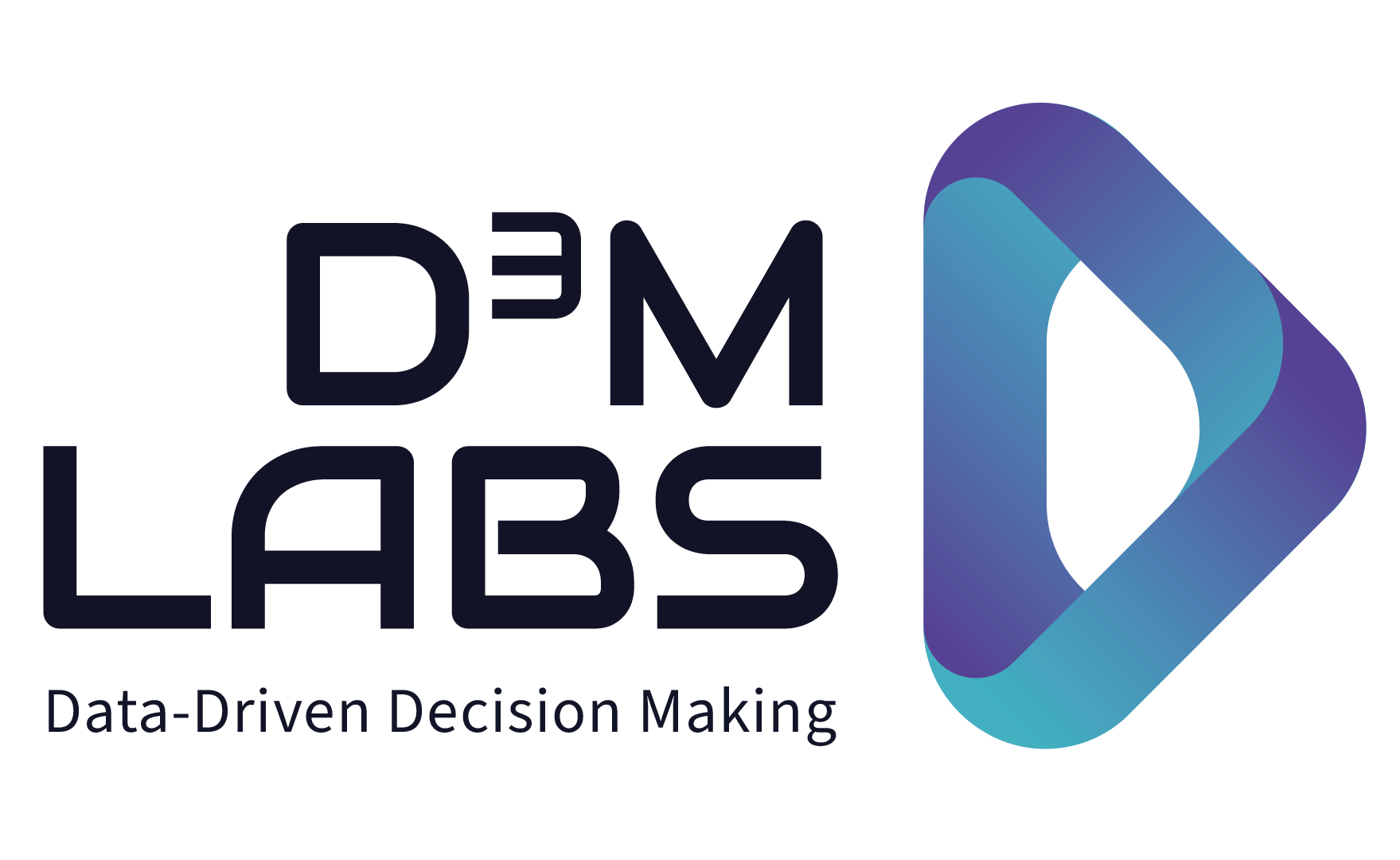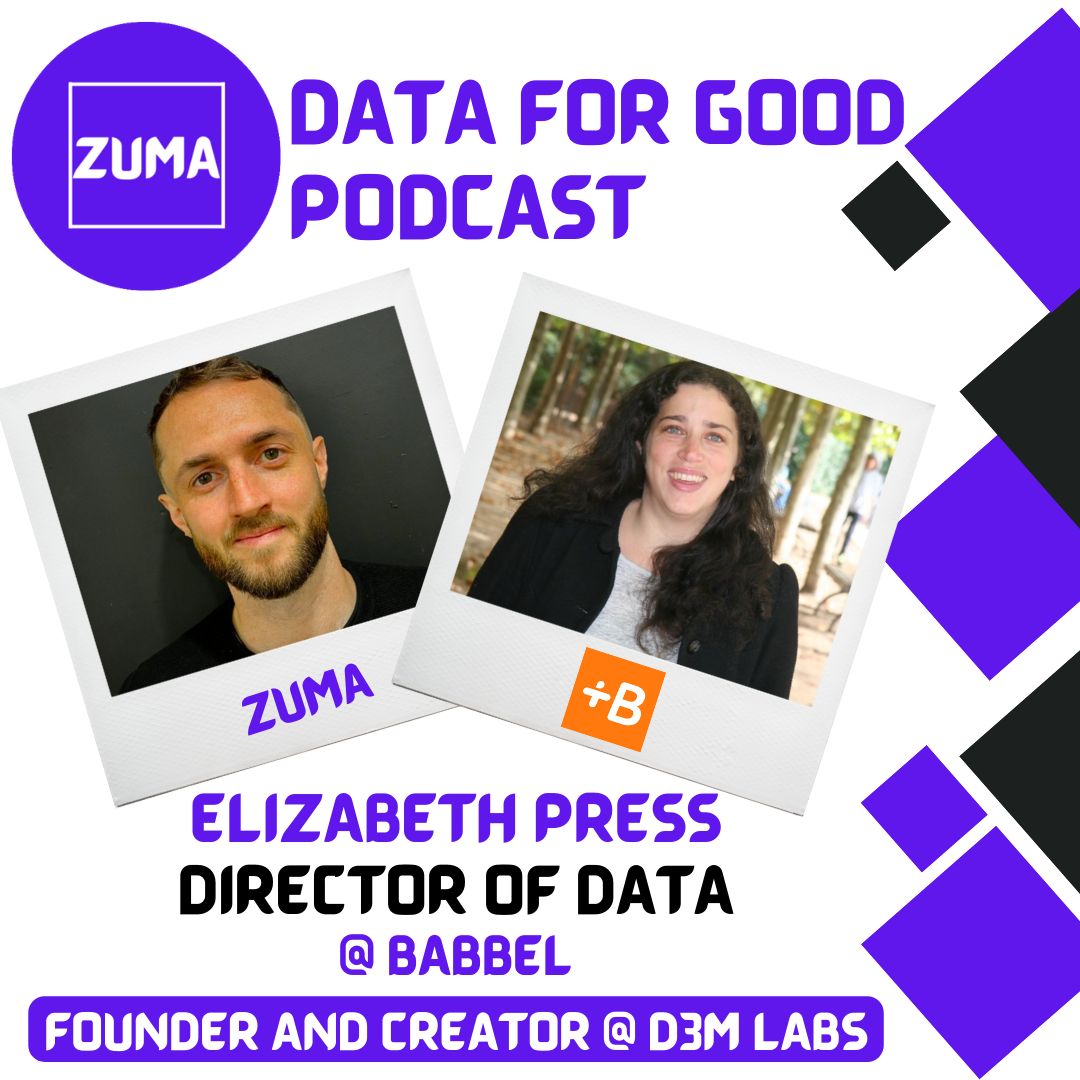Autor: Elizabeth Press
Data strategy is a part of corporate strategy
Matt Brady, Founder of Zuma Recruiting and I talked about Data Strategy. We will start by covering data strategy and roadmaps before discussing how to treat data, data roles and where data should sit in an organization. Data teams add the best value to their organization when they are part of a holistic company strategy discussion and work as strategic partners with the stakeholders.
My top takeaways from the Berlin AI Summit: Understand the problem and don’t neglect operations.
The major challenges to AI implementation are often mind-set based rather than technical. Problems in production and implementation of AI often stem from organizations‘ and practitioners‘ lack of ability and/or desire to thoroughly scope out and define the problem they are trying to solve. Consequently, they often don’t select the right tools, capabilities and processes to implement successfully. Organizations can also negelct operations (such as MLOps), which are important for work efficacy and scale.
Building your company’s first data competency
Is business intelligence a luxury? Data – done right – is neither cheap nor easy. Most businesses wait until they are a certain size before investing in an in-house data competency. A greenfield assignment, the initial build-up of an inhouse data function, is an important early step in a company’s journey towards data maturity. Before the inception of an inhouse function dedicated to data, a company can be considered data immature, regardless of who uses the data or how long the company has been around.
AI can help defend European freedom
A child of the Cold War, I grew up hearing stories and learning deeply about World War 2. Much of my youth was spent pondering the new and old-world order. For that reason, I found the panel at the Data Festival in Munich inspiring. I hope it inspired others in the tech scene to support the use of data in defending European freedom.
Data Festival 2022: Democracy, Mesh, Fabric
The industry seems to be disillusioned by centralized data assets, data warehouse and data lake alike and looking for the next big thing.
What I look for when I hire a data professional
At the AI Guld Dinner, I was asked by a couple of people about what I look for when I hire data scientists. This advice can be scaled to all data professionals – and beyond.
Take aways from Big Data World, May 2022
The right mix of governance and freedom in architecture is still up for debate, end-to-end solutions are often-heard recommendations, low and no-code is expanding access to data and the customer journey could be seen as a source of revenue are some insights I gleaned from this spring’s Big Data World.
Operational KPIs that will let you know your Data Team is creating impact (rather fixing & firefighting)
Data teams are usually busy, but are they impactful? Just because your data team is burning through tickets does not mean that they are creating impact, especially if they are stuck fixing and firefighting. Impact can be broken down into prioritization, coverage and quality. KPIs such as the statistical re-do rate, analytical throughput rate and effective analytical throughput rate that will help you quantify the impact of your data organization. This framework, along with external validation from stakeholders, is helpful to root cause and make business cases to invest in improvements.
Customer Segmentation: Rules-based vs. K-Means Clustering
Customer segmentation is a means by which you group customers into an identifiable category that you can use as a basis for analysis of a specific group of customers. Customer segmentation is useful for activities such as strategic planning, campaign planning & customer targeting, product analytics, planning customer communications, customer experience management, churn prediction, upselling, cross-selling, acquisition, sales operations and more.
Turning customer relevancy into revenue
Monetizing customer relevancy through data-driven insights is key for any successful modern marketing campaign. Modern marketers work in a hypotheses-driven manner, using data to gain customer insight. Consumers and B2B customers have grown used to marketers understanding who they are, their behaviors, as well as when and how they want to communicate with you.










